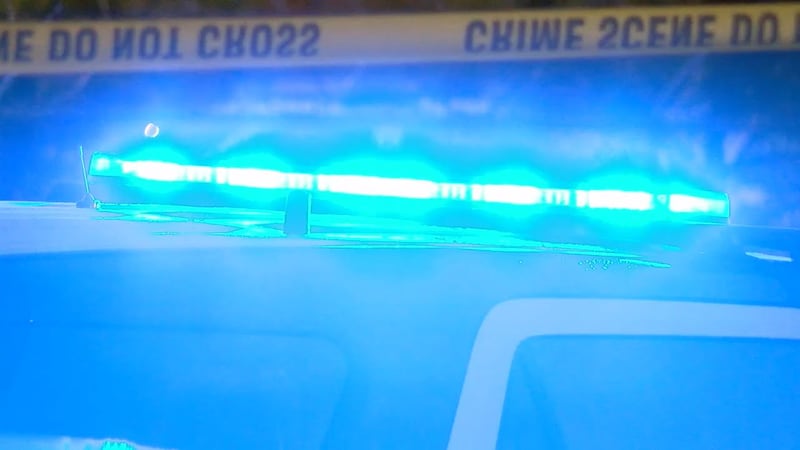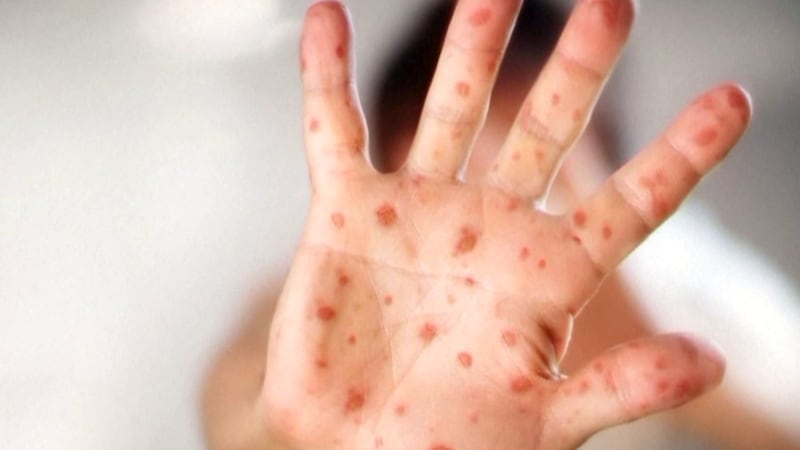Why new COVID-19 strains in two-state region could be ‘tip of an iceberg’
AUGUSTA, Ga. (WRDW/WAGT) - The Peach State now has 19 cases of the more contagious U.K. variant of coronavirus — all in the Atlanta area — state health officials said Monday.
So far, no other COVID-19 variants have been identified in Georgia, although neighboring South Carolina has not only the U.K. variant but also a South African variant.
The Georgia patients are ages 15 to 61, health officials said. Eight are males and 11 are females.
They live in Carroll, Cherokee, Clayton, Cobb, DeKalb, Douglas, Fulton, Gwinnett and Paulding counties.
The Georgia Department of Public Health is working to identify close s of the individuals,and will monitor them closely.
”The CDC has said this U.K. variant is likely to be the dominant strain in the U.S. by sometime in March,” said Kathleen E. Toomey, commissioner of the department. “We must ensure we are taking every precaution right now to prevent transmission of COVID and to avoid a surge in hospitalizations and loss of life.”
A few days after South Carolina saw its first case of the South Africa COVID-10 variant, experts at the Centers for Disease Control and Prevention report the state now also has its first case of the U.K. variant, an adult from the Lowcountry area.
South Carolina is one of two states to have both those variants. But together, there are just three variant cases in the state.
More than 460 cases of the U.K. variant has been found in 32 states.
There is a third variant from Brazil that health experts are watching out for.
Officials from Georgia and South Carolina have not reported a case of it yet.
“This is a wake-up call to all of us that as the virus attempts to evade pressure, we will continue to see mutants,” Dr. Anthony Fauci said.
As more mutations are found, health experts want to assure people the vaccines are still working.
Concern in South Carolina
“It was only a matter of time before one of these variants snuck into South Carolina,” University of South Carolina Professor of Microbiology and Immunology Dr. Michael Schmidt said.
Health experts said it’s normal for a virus to develop variants, but it’s a reminder that the fight against COVID-19 is not over.
“The arrival of the second SARS-CoV-2 variant in our state is yet another important reminder to all South Carolinians that the fight against this deadly virus is far from over,” South Carolina Department of Health and Environmental Control Interim Director Dr. Brannon Traxler said in a statement Saturday.
However, big questions remain—including do these strains spread faster or cause more disease?
“The short answer is we don’t know,” Schmidt said.
The chief medical officer at Roper St. Francis Healthcare, Dr. Robert Oliverio, said he expects many more cases are in the state than the first UK variant announced Saturday and the two South African strains found on Thursday.
“Anytime you find a positive result, that usually means there’s at least three other results out there that we just don’t find,” Oliverio said. “So basically, we are talking about the tip of an iceberg.”
“Whether you have the variant or not, it really doesn’t make a big difference in of treatment, what you do. Hopefully, it won’t make a big difference in of the course of illness,” Oliverio said. “The same toolkit that we have, we’ll be using in of the UK variant and the South African Variant.”
The biggest impact different variants may have is how fast they spread. The hospital will be watching closely to see if it increases how many more need COVID-19 care.
“The way we’ll figure that out is an uptick in cases, an uptick in issions and an uptick in ICU issions,” Oliverio said. “If we see those things then it’s a good indication that something new is happening in the community.”
DHEC officials said there’s no conclusive evidence that the UK or South African variants cause more severe illness. Further, Schmidt said evidence shows that mechanisms for treating COVID-19 are working regardless of the variant.
“It matters not which variant you get, because those schemes are still working,” Schmidt said. “They are still working against the variants.”
The other big question surrounds whether the current vaccines will still work protecting against the variants.
“It seems based on preliminary data that both the Pfizer and the Moderna vaccines, which are both mRNA vaccines, do seem to work on the UK variant,” Prisma Health Professor of Clinical Internal Medicine Dr. Divya Ahuja said. “Just recently published data on the South African variant suggests that it might have reduced efficacy in reducing the South African virus.”
Fauci said it’s going to be important to medically adjust versions of the vaccine to mutations that are prevalent at any given time.
Traxler said these variants are one reason to vaccinate as many people as possible, as soon as possible.
DHEC officials said there is a third variant that originated in Brazil that is also spreading around the world. However, this variant has not been detected yet in South Carolina.
When it comes to protecting yourself, health experts stressed that it’s critical to wear a mask, stay six feet apart, avoid crowds, wash hands, and get tested often. Schmidt said a mask is a critical barrier to protecting yourself from the virus, and protecting others from any virus you might have.
“So one is an absolute, you must wear one,” Schmidt said. “But if you have two, it can only help. It will only serve to lower the risk of you spreading it or you catching it.”
From reports by WRDW/WAGT, WMBF and WIS
Copyright 2021 WRDW/WAGT. All rights reserved.















